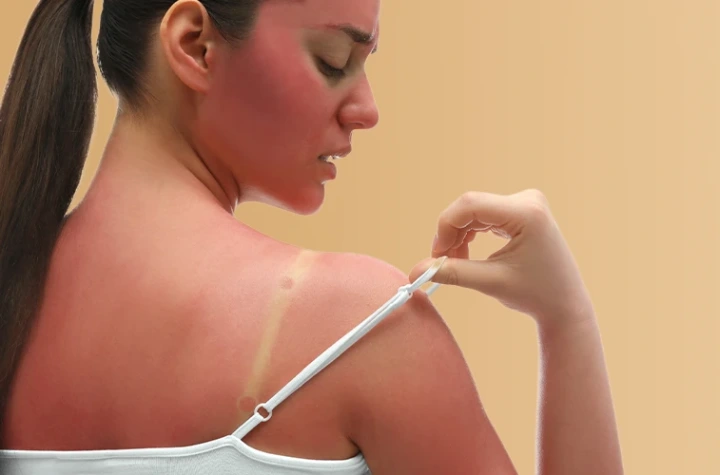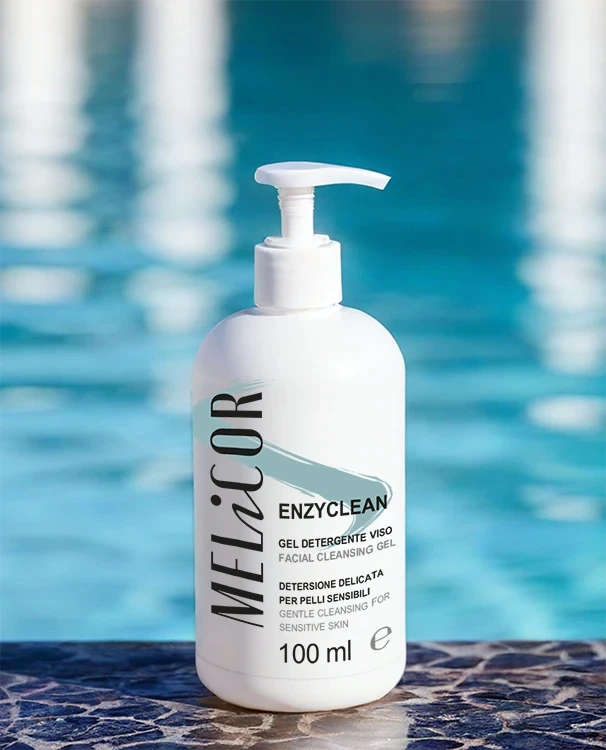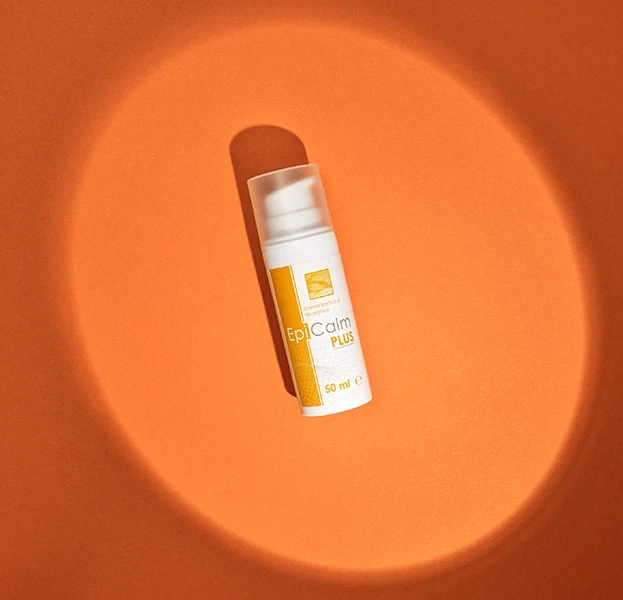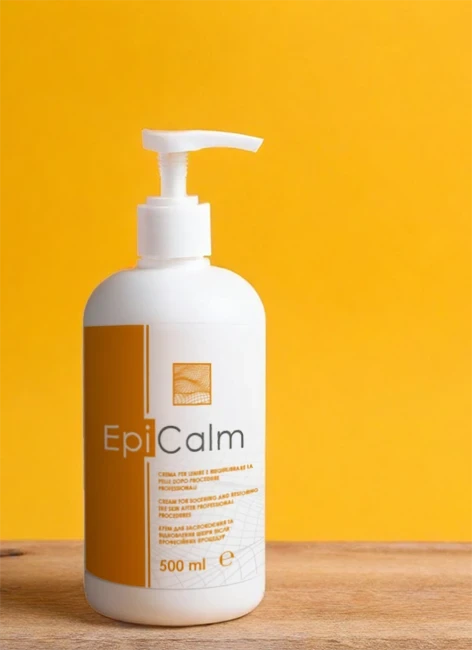After spending a day in the sun, the skin requires specific care to restore its balance and prevent damage. Exposure to UV rays can lead to dehydration, redness, and premature aging, making a post-sun skincare routine essential. Hydration and protection play a crucial role in keeping your skin healthy, radiant, and well-nourished. Discover the best post-sun skincare tips to soothe and revitalize your skin.
The effects of sun exposure on the skin
UV rays: oxidative damage and premature aging
UV rays penetrate the skin, causing oxidative damage, which accelerates the aging process. Excessive sun exposure contributes to the formation of wrinkles, sunspots, and loss of skin elasticity, making it essential to protect the skin and counteract these effects.
Skin dehydration and loss of elasticity
One of the most common effects of sun exposure is moisture loss. Prolonged time in the sun reduces the water levels in the skin, making it dry and less elastic. Restoring hydration with hyaluronic acid and panthenol-enriched skincare products is key to maintaining the skin’s suppleness and preventing excessive dryness.
Signs of skin stress after sun exposure
Redness, tightness, and a burning sensation are signs of skin stress caused by excessive sun exposure. These symptoms indicate the need for a regenerative skincare routine with soothing ingredients like aloe vera and chamomile, known for their calming properties and ability to restore the skin’s natural balance.

Essential steps for post-sun skin care
Intensive hydration, repair, and soothing treatments
Post-sun skin care should focus on restoring balance, reducing redness, and preventing dryness while encouraging skin renewal.
Additionally, jojoba oil and shea butter provide deep hydration and nourishment, reinforcing the skin’s protective barrier and preventing post-sun dryness. These moisturizing oils act as natural emollients, ensuring the skin remains soft, smooth, and replenished.
Common mistakes to avoid
To maintain healthy skin after sun exposure, it's essential to avoid certain habits that could hinder skin recovery and cause long-term damage.
- Harsh scrubs can damage sun-stressed skin.
- Skipping sunscreen application after exposure can compromise skin health.
- Using hot water on sun-sensitive skin → Hot water can increase dryness and irritation. Opting for lukewarm water when cleansing the skin helps preserve moisture and supports a smoother recovery .
- Applying skincare products with alcohol or harsh fragrances → Many lotions contain ingredients that can dehydrate and irritate sun-exposed skin. Choose gentle, fragrance-free formulations to avoid unnecessary sensitivity.
- Neglecting skin regeneration even without sunburn evident → Even if the skin shows no visible signs of damage, UV rays can cause profound alterations in the cells. The use of soothing and antioxidant products helps prevent photaging.
- Exfoliating skin immediately after sun exposure → Some believe scrubs help remove dryness, but they can increase irritation. Instead, wait a few days and use a mild exfoliating treatment to avoid harming the skin.
- Overlooking dehydration signs → Symptoms like tightness, redness, and heat indicate skin stress from sun exposure. Hydrating with hyaluronic acid and panthenol-based products helps restore the skin’s natural balance.
By following these tips, you can enhance skin recovery and reduce the risk of sun-related damage over time.
Tips for healthy and radiant skin
The importance of internal hydration: drink plenty of water
Hydration isn’t just about applying creams — it also depends on water intake. Drinking at least 2 liters per day helps maintain skin elasticity and radiance, supports cellular regeneration, and prevents dryness caused by sun exposure.
Antioxidant-rich nutrition for skin regeneration
A balanced diet is essential for maintaining healthy skin. Foods rich in antioxidants, such as berries, citrus fruits, leafy greens, and nuts, help protect the skin from oxidative damage caused by UV rays and support the cell repair process.
Daily protection with broad-spectrum sunscreen
Protecting your skin every day is the key to preventing long-term damage. Using a broad-spectrum sunscreen (UVA and UVB) with at least SPF 30 helps shield against premature aging and sunspots. Even on cloudy days, sunscreen application remains essential to preserve skin health.
Conclusion
Taking care of your skin after sun exposure is essential to maintaining its health and radiance. Internal and external hydration, a diet rich in antioxidants, and consistent use of sunscreen are fundamental steps to preserving beauty and skin well-being. By following these recommendations, your skin will remain elastic and protected, ensuring a youthful and glowing appearance for longer.
Literature
- Guerra KC, Crane JS. Sunburn. [Updated 2023 Oct 29]. In: StatPearls [Internet]. Treasure Island (FL): StatPearls Publishing; 2025 Jan-.
- Jesus, A., Sousa, E., Cidade, H. et al. How to fight acute sun damage? Current skin care strategies. Photochem Photobiol Sci 23, 1915–1930 (2024).








